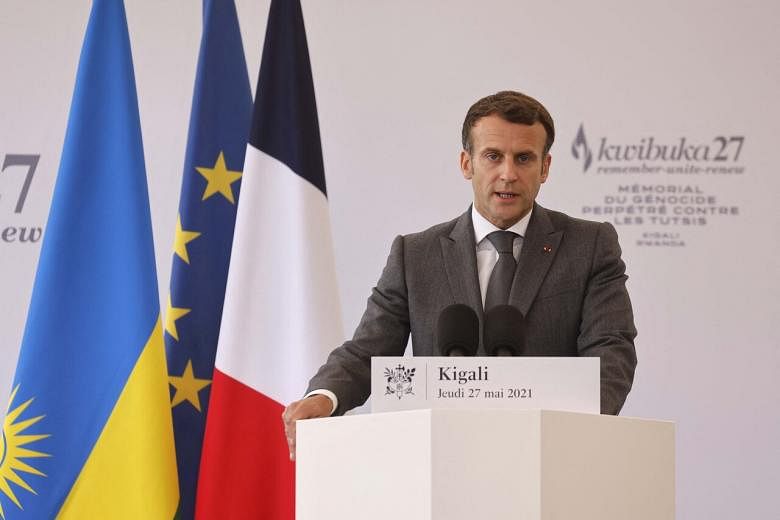Countries do not usually offer public apologies for past deeds committed by their leaders or government officials. Quite apart from the fact that it is difficult to offer a convincing public apology on behalf of an entire nation, the gesture can also have often incalculable legal and financial implications, in the form of demands for prosecutions and the payment of financial compensations which may stretch on for decades thereafter.
And, if national apologies are issued for crimes and other alleged wrongdoings which have taken place decades and even centuries ago, such moves are even more controversial since neither the perpetrators of the crimes nor their victims are alive, so an apology may have moral, but no practical implications.
Already a subscriber? Log in
Read the full story and more at $9.90/month
Get exclusive reports and insights with more than 500 subscriber-only articles every month
ST One Digital
$9.90/month
No contract
ST app access on 1 mobile device
Unlock these benefits
All subscriber-only content on ST app and straitstimes.com
Easy access any time via ST app on 1 mobile device
E-paper with 2-week archive so you won't miss out on content that matters to you


